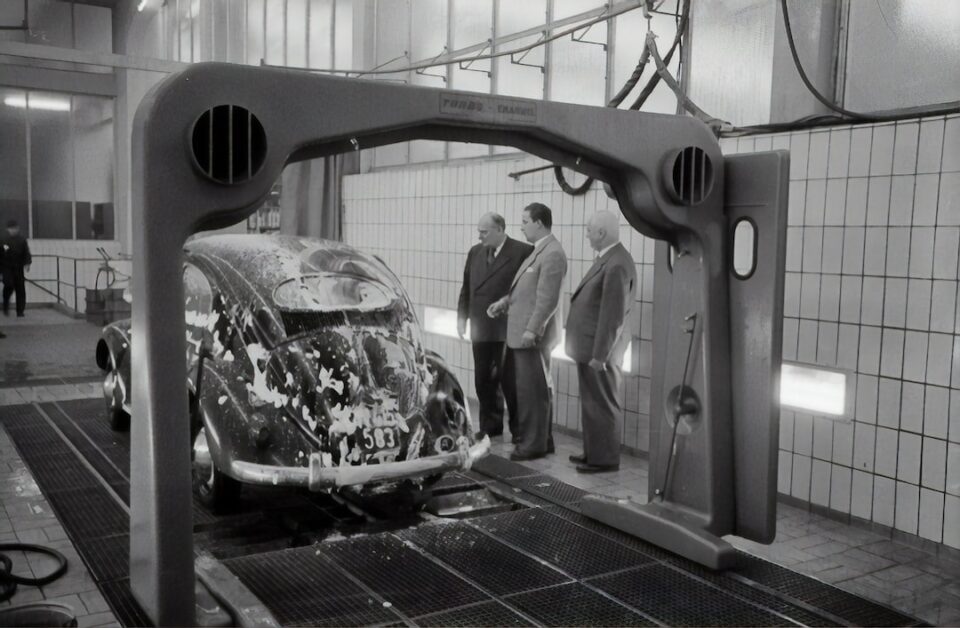The Rise of Sustainable Manufacturing Practices
In recent years, there has been a growing awareness and concern regarding environmental issues. From climate change to deforestation, it is clear that our planet is facing numerous challenges. As a result, sustainability has become a key focus in various industries, and this includes manufacturing.
Sustainable manufacturing practices refer to the methods and techniques that minimize the negative impact on the environment while maximizing resource efficiency. In other words, it is an approach that aims to ensure long-term ecological balance. The rise of sustainable manufacturing practices is driven by several factors, including growing public awareness, changing regulations, and the desire for cost savings in the long run.
One of the key drivers of sustainable manufacturing practices is the realization that traditional manufacturing methods have severe negative consequences on the environment. Traditional manufacturing processes often consume large amounts of resources such as energy and water, emit substantial greenhouse gases, and generate significant amounts of waste. This unsustainable approach not only harms the environment but also poses risks to human health and well-being.
In response to these concerns, manufacturers are increasingly adopting sustainable practices. One of the most significant changes is the adoption of renewable energy sources. By harnessing the power of the sun, wind, or water, manufacturers can significantly reduce their carbon footprint. Renewable energy not only helps reduce greenhouse gas emissions but also offers long-term cost savings as the cost of renewable energy technologies continues to decrease.
Another essential aspect of sustainable manufacturing practices is the minimization of waste. Manufacturers are implementing strategies such as recycling, reusing, and waste reduction to minimize the amount of waste generated during the production process. This includes using recycled materials in the manufacturing process, designing products for easy disassembly and recycling, and implementing efficient waste management systems. These practices not only reduce the environmental impact but also save manufacturers money by reducing the need for raw materials.
Furthermore, sustainable manufacturing practices also focus on reducing water consumption. Water scarcity is a significant issue in many parts of the world, and manufacturing processes often consume large amounts of water. By implementing water-saving technologies and practices, manufacturers can significantly reduce their water usage. This not only helps preserve this precious resource but also reduces operational costs in the long run.
The rise of sustainable manufacturing practices is also influenced by changing regulations. Governments around the world are increasingly implementing environmental regulations to limit the negative impact of industrial activities. These regulations often require manufacturers to adopt sustainable practices, such as meeting specific emissions standards or implementing energy-saving measures. Non-compliance can result in fines and other penalties, which incentivizes manufacturers to adopt sustainable practices.
Moreover, sustainable manufacturing practices are also driven by consumer demand. Today’s consumers are more environmentally conscious than ever before and are actively seeking out products that are produced sustainably. Manufacturers who can demonstrate their commitment to sustainability gain a competitive edge in the market. As a result, companies are adopting sustainable practices not only to meet regulatory requirements but also to meet the demands of their customers.
In conclusion, the rise of sustainable manufacturing practices is a positive trend that is driven by various factors. From reducing greenhouse gas emissions to minimizing waste generation and water consumption, these practices help protect the environment while also providing long-term cost savings. With growing public awareness, changing regulations, and consumer demand, sustainable manufacturing practices are becoming the new norm. As manufacturers continue to adopt these practices, we can hope for a more sustainable and environmentally friendly future.

